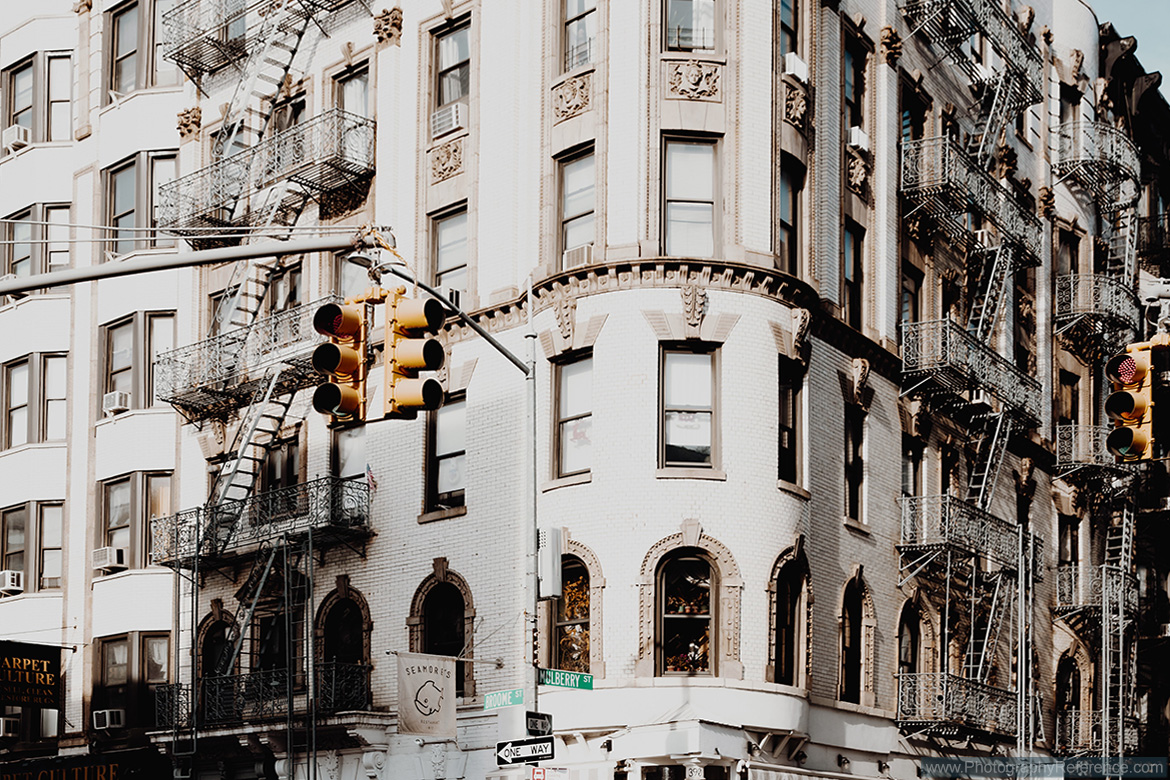Editorial photography communicates a narrative with photography and usually accompanies text in a commercial photography environment. It can be used in news publications, comparative product reviews or can accompany a newsworthy or current events magazine article. Either way the photographs and text complement each other.
Non-commercial editorial photographs may include legalised business branding, identifiable subjects and logos but must not be used in a commercial sense. This is called editorial licencing and the works are used to illustrate a story and not to advertise or market a product or service.
We earn commissions if you shop through the links below. Additionally, as an Amazon Associate I earn from qualifying purchases. Please read the full Affiliate Disclosure.
Licencing
There is a slight exception to editorial photography licencing in that an editorial photograph can be used commercially only in circumstances where a model release or property release has been granted.
Stock photography
Stock photography agencies will accept editorial photography from photographers whilst purchasers of stock photography must only ever use the editorial photography under the terms of the licence agreement under the defined definition of editorial usage rights.
Posed editorial photography
Editorial photography can be posed to a certain degree as long as the subject matter is not altered from reality. For example, if shooting editorial photographs for the food section of a magazine you might ask a street food vendor to cut some bread rolls for your photo. Although this is a posed photo the subject matter has not been altered in any way from reality.
Distinction between journalism
Editorial photography is a close match with journalism photography, but there are some distinct differences. Editorial photography will accompany an unrushed article whereas journalism photography generally embraces hard news. A photographer working for a newspaper may shoot either genre depending on whether the article is general editorial or hard news.
Income
Sufficient income from editorial photography may be difficult if seeking publication on a freelance basis, however there are full-time photographers working for newspapers and magazines.
If you do land a gig from a newspaper or magazine it’s important to stick to and deliver on the requirements. The photographs need to match the narrative of the story, so shoot meaningful images. A syndicate offers commercial republishing licensing of your photos and articles to third parties for monetary gain.
Syndication
Syndication is the commercial distribution of photos and news articles. A syndicate will usually sell editorial photographs to just one or two third parties in any given geographical physical or online location.
Editorial photography post processing ethics
When post-processing your work be mindful of ethics. The addition or deletion of elements within a photograph would not be acceptable where the photo concept would be different had they been left in the photo.
Editorial Portfolio
To become recognised as an editorial photographer build a website and maintain a portfolio of your images and display them on your social media accounts at TikTok, Facebook and Instagram.

Editorial photography can take you to hazardous places!
Editorial photography is an important part of the chain of news.
